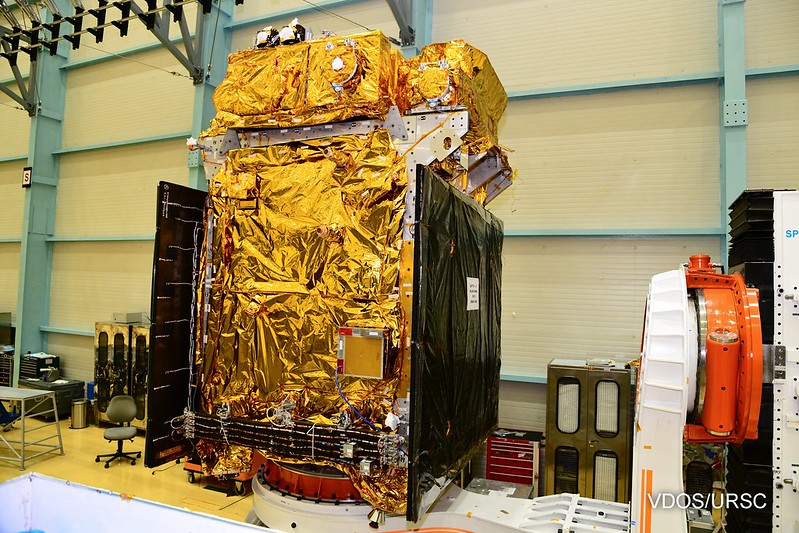
The Solar Ultraviolet Imaging Telescope (SUIT) is one of the remote sensing payloads on board the Aditya-L1 mission of the Indian Space Research Organization (ISRO) that was launched on September 02, 2023. SUIT is designed to provide near-simultaneous full-disk and region-of-interest images of the Sun at various heights, slicing through the photosphere and chromosphere, employing an array of 11 scientifically calibrated filters (3 broad-band & 8 narrow-band) strategically positioned within the wavelength range of 200 to 400 nanometers. Located at the first Lagrange point, SUIT observes the Sun 24x7, without any interruption.
The primary scientific objective of SUIT is to scrutinize the dynamic interplay within the magnetized solar atmosphere, delving into the intricacies of energetic phenomena such as jets, flares, filament evolution, and eruptions. Furthermore, SUIT, for the first time ever, will help scientists to measure and monitor the spatially resolved solar spectral irradiance within the wavelength range crucial to comprehend the intricacies of the sun-climate relationship.
To facilitate the studies of solar flares, SUIT is endowed with an onboard intelligence system specifically designed for the detection, precise localization, and exposure control. This intelligent mechanism ensures adept management of detector saturation, thereby enhancing the instrument's efficacy in capturing and analyzing these critical solar events.
The primary institutions involved are:
- Centre for Excellence in Space Science India (CESSI), IISER-Kolkata, India
- Indian Institute of Astrophysics, Bengaluru, India
- Indian Space Research Organization (ISRO), India
- Inter-University Centre for Astronomy and Astrophysics (IUCAA), Pune, India
- Manipal Center for Natural Sciences (MCNS), Manipal Academy of Higher Education (MAHE), India
- Max Planck Institute for Solar System Research, Goettingen, Germany
- Udaipur Solar Observatory (USO), PRL, India
- Tezpur University, Assam, India